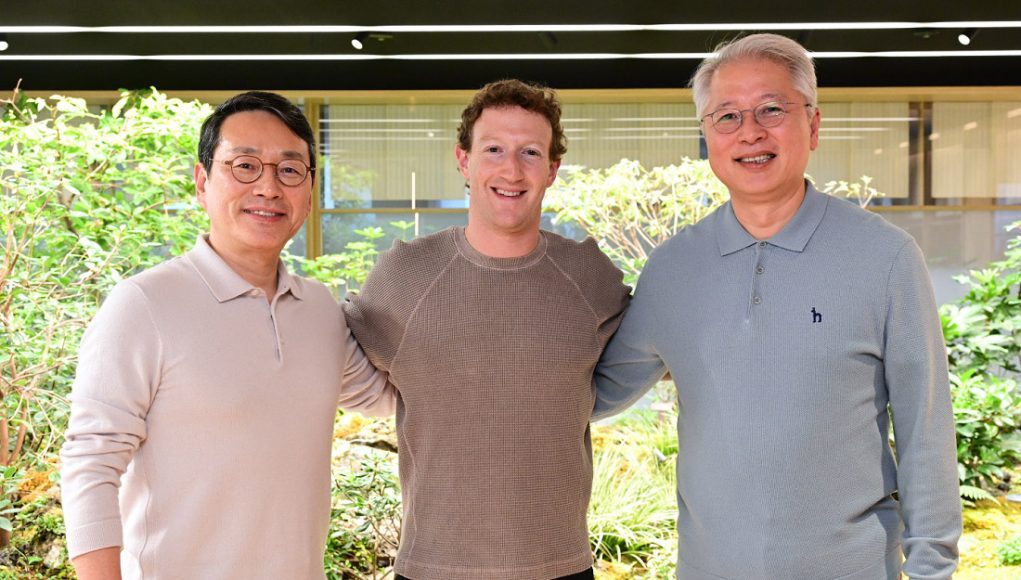Meta announced in February it was partnering with South Korean tech giant LG to create an XR headset that was reportedly set to compete with Apple Vision Pro. Recent reports from Korean media however maintain that partnership is in danger.
A report from the Korean Economic Daily alleges the Meta/LG partnership has been completely terminated, further stating that LG is “now seeking a new partner to provide an operating system and software for XR devices LG plans to unveil next year.” A candidate could be Amazon, the report maintains.
“There were some differences between LG and Meta while discussing XR devices. I understand LG requested an end to collaboration because it believed there was not much synergy from their XR partnership,” an industry source familiar with the matter told the Korean Economic Daily.
Still, it’s not clear whether it’s a done deal, or the companies are simply pumping the brakes. In a statement to Korea JoongAng Daily, LG says it “continues the XR partnership with Meta forged in February but is controlling its pace.”
Indeed, news of the partnership itself was the subject of a leak from earlier this year. While that doesn’t lend credence to this particular report, it does suggest there are reliable sources, either within or around LG, leaking credible information.
At the time, the partnership was said to ‘fuse’ Meta’s diverse core technological elements with LG’s cutting-edge product and quality capabilities, which hoped to create “significant synergies in next-gen XR device development.” Additionally, it was rumored the two would work to create a competitor to Apple Vision Pro, which was rumored to launch sometime in 2025.
This comes after Meta announced it’s pledged to release its XR operating system to third-party OEMs for the first time, including ASUS, Lenovo, and Xbox, all of which are tapped to release their own headsets in the near future.







